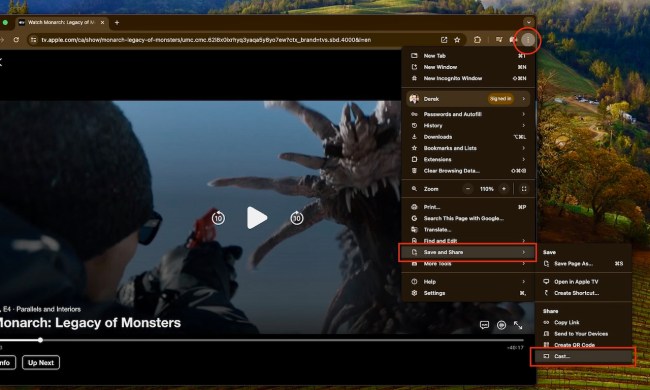
Almost a year ago, RealNetworks burst forth with a PR campaign promoting RealDVD, a software tool the company touted would enable consumers to make legal backup copies of their DVDs and use them on computers or portable devices without requiring the origianl disc. Of course, as soon as RealDVD hit the strees the MPAA and major movie distributors filed suit against RealNetworks, quickly winning an injunction barring the sale of RealDVD until the legal issues could be worked out. Yesterday, in a 58-page ruling, Judge Marilyn Patel let the temporary injunction on RealDVD sales stand, barring RealNetworks from selling RealDVD until the product’s legal issues are resolved at a full trial.
“The court appreciates Real’s argument that a consumer has a right to make a backup copy of a DVD for their own personal use,” Patel wrote in her ruling, “Federal law has nonetheless made it illegal to manufacture or traffic in a device or tool that permits a consumer to make such copies.”
The MPAA and movie studios have consistently characterized RealDVD and “StealDVD,” saying the product creates an economy where customers borrow or rent DVDs from friends or the likes of Netflix, make digital copies of the discs, then return the originals—but still have the copies they can enjoy at their leisure. RealNetworks argued that RealDVD protects digital copies with DRM protection and limits consumers to a single copy of a DVD; RealNetworks was also relying on an earlier decision in favor of high-end home theater gear maker Kaleidescape that found the company’s media servers (which also make copies of DVDs) were actually in compliance with CSS licensing requirements, thanks to a loophole. RealNetworks had hope the Kaleidescape ruling would work in RealDVD’s favor; Judge Patel apparently disagrees.
In a statement (PDF), MPAA chairman and CEO Dan Glickman noted: “We are very pleased with the court’s decision. This is a victory for the creators and producers of motion pictures and television shows and for the rule of law in our digital economy. Judge Patel’s ruling affirms what we have known all along: RealNetworks took a license to build a DVD-player and instead made an illegal DVD-copier.”
RealNetworks has not commented on the ruling, noting only that it is reviewing the document.


